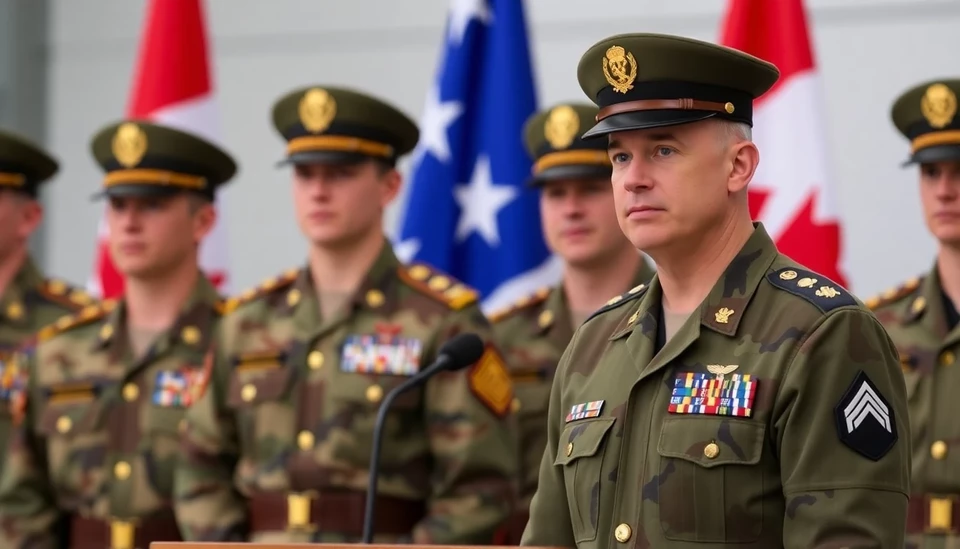
In a bold move aimed at addressing persistent recruitment challenges, Canada’s Defense Minister Bill Carney has proposed significant pay raises for members of the Canadian Armed Forces (CAF). This initiative comes at a time when the military faces escalating operational demands and an ongoing struggle to attract and retain personnel amid growing competition from other sectors.
The proposal, announced during a recent press conference, seeks to enhance the financial compensation of military members, making military career options more appealing to potential recruits. Carney underscored the importance of military readiness, stating that “a well-compensated force is essential for national security.” This increase in pay is seen as a critical strategy to address a shortfall in recruitment numbers, which have been alarming in recent years.
The backdrop to this proposal is a military recruitment crisis that has seen the CAF fail to meet its annual recruitment targets. According to recent statistics, only 60% of the desired quota for new recruits was achieved in the past year, leading to concerns about the operational capabilities of the military as it faces complex global challenges. Carney’s announcement aims to reverse this trend by making the military a more attractive career choice through competitive salaries.
In addition to salary increases, the proposal includes enhancing benefits and support for military families, recognizing that family dynamics play a critical role in a service member's decision to join the military. Carney emphasized that a comprehensive approach to recruitment will not only involve financial incentives but also improved conditions and support systems for military personnel and their families.
The proposal has received a mix of reactions from various stakeholders. Some military experts suggest that while higher pay may attract more recruits, the CAF must also focus on improving working conditions, career progression opportunities, and mental health resources to retain personnel once they join. Critics of the current pay structure argue that the CAF should have made these adjustments sooner, given the rising costs of living and inflation that have affected Canadian military families.
The funding for these pay raises is expected to come from the government's broader defense budget, which is undergoing scrutiny as Canada looks to bolster its military capabilities in light of geopolitical tensions. Carney expressed confidence that the government would prioritize this initiative as part of its commitment to strengthen national defense.
As this proposal unfolds, military representatives and advocacy groups closely monitor its progress. Recruitment is not just about numbers—it’s about ensuring that the Canadian Armed Forces maintains its operational effectiveness and can continue to play a vital role in international peacekeeping and defense efforts.
The next steps involve discussions within the government and parliamentary committees to assess the feasibility of the proposed pay raises and how they fit within the overarching defense strategy. Observers will be keen to see if this initiative can indeed revitalize recruitment efforts and stabilize the Canadian Armed Forces for the future.
As Canada grapples with recruitment challenges and seeks to ensure a robust military presence, the outcome of this proposal could be transformative, both for the forces and for the country’s defense policy at large.
#CanadaMilitary #DefenseMinister #BillCarney #PayRaise #MilitaryRecruitment #CanadianArmedForces #NationalDefense #MilitarySupport
Author: Daniel Foster




